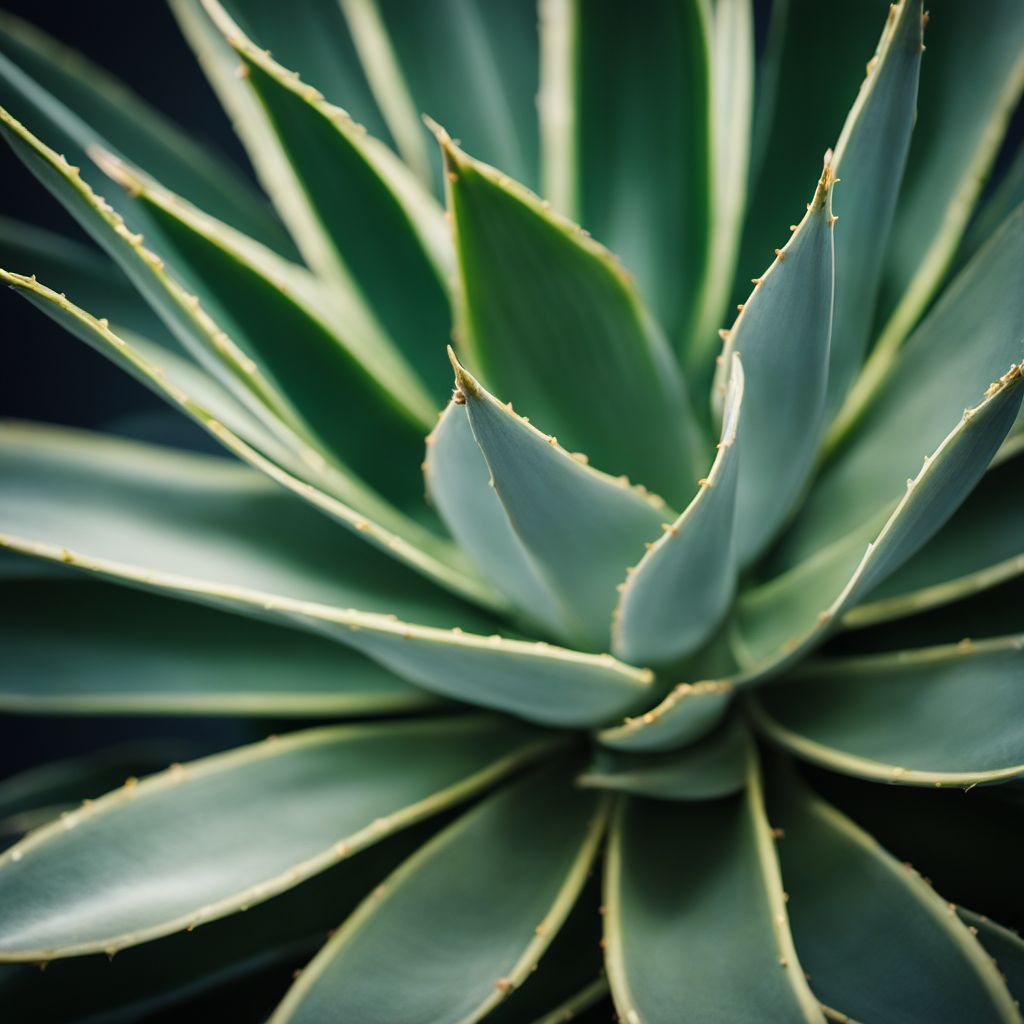
Ingredient
Agave leaves
The Versatile Agave: Beyond Tequila
Agave leaves are large, succulent, and fibrous, with a slightly bitter taste. They have a thick, waxy texture and a vibrant green color. These leaves are commonly used in Mexican cuisine, where they are roasted, boiled, or steamed to extract their sweet nectar or used as wrappers for cooking.
Origins and history
Agave leaves have a rich history deeply rooted in Mexican culture. They have been used for centuries by indigenous communities for their medicinal properties and as a source of food and fiber. Agave plants are native to Mexico and have played a significant role in the production of tequila and mezcal.
Nutritional information
Agave leaves are low in calories and fat, while being a good source of dietary fiber. They also contain essential minerals like calcium, iron, and potassium.
Allergens
There are no known allergens associated with agave leaves.
How to select
When selecting agave leaves, look for ones that are firm, plump, and free from blemishes or discoloration. The leaves should have a vibrant green color and feel slightly waxy to the touch.
Storage recommendations
To store agave leaves, wrap them in a damp paper towel and place them in a plastic bag. Store them in the refrigerator for up to two weeks. Alternatively, you can freeze agave leaves for long-term storage.
How to produce
Agave plants can be grown in warm climates with well-draining soil. They require minimal maintenance and can be propagated through offsets or by planting the seeds.
Preparation tips
Agave leaves can be used in various ways in the kitchen. They can be roasted and used to make agave syrup, which is a natural sweetener. The leaves can also be boiled or steamed and used as wrappers for tamales or other fillings. Additionally, agave leaves can be grilled or baked and used as a base for flavorful dishes.
Culinary uses
Agave leaves are commonly used in Mexican cuisine, particularly in dishes like tamales, barbacoa, and pulque. They are also used to make agave syrup, which is a popular alternative to traditional sweeteners.
Availability
Agave leaves are primarily cultivated in Mexico, where they are native. They are also grown in other warm regions around the world, including parts of the United States and South America.


